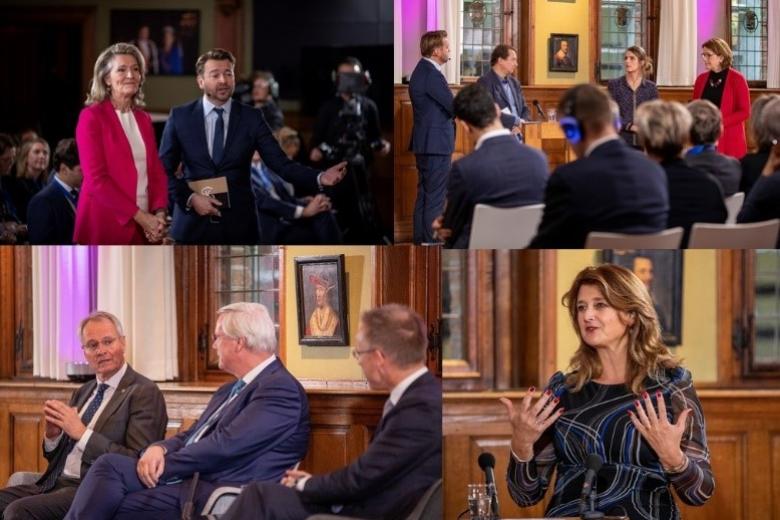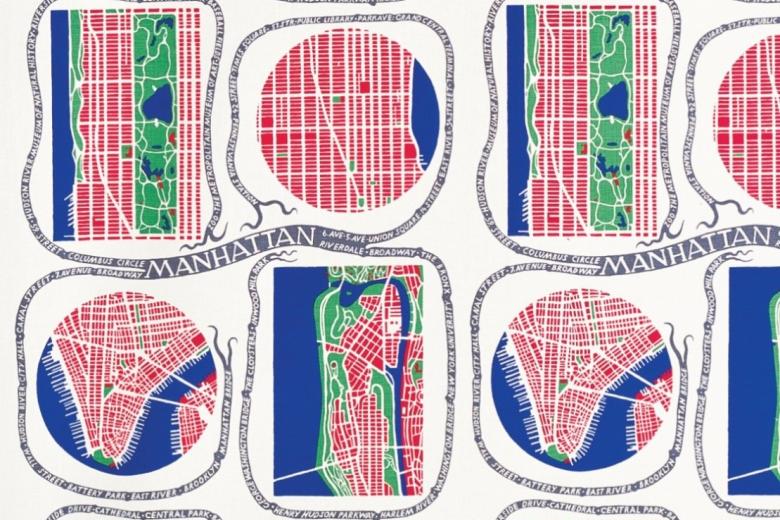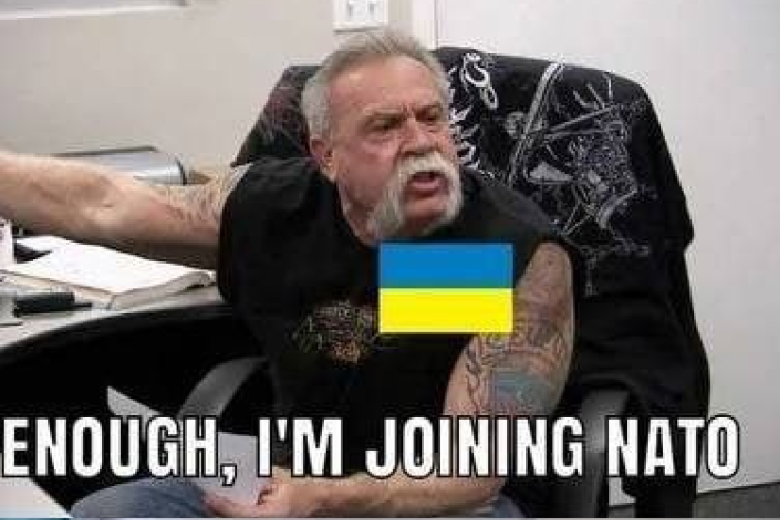The European Patent Convention defines subject-matter that is not eligible for patent protection, such as methods for doing business. However, when implemented by a computer, non-eligible subject matter becomes eligible for patent protection. Is this desirable?
Overcoming the pitfalls of anachronisms – and why this matters to all of us
- Law
Every now and again, and especially when redesigning a curriculum, the question regarding the role and place of legal history in said curriculum is brought up. And rightly so. That is why the Open University Law School (UK) organized an online event on 15 December entitled Diversity, Dilemmas and Discoveries: Legal History in the Curriculum. The problem with conferences like these is that, albeit very interesting, they have a relatively high level of ‘preaching to the converted’. Nevertheless, I do believe that what was discussed during this conference is of some importance also to those not already convinced, so I would like to share some key points with my fellow legal educators. More concretely I would like to explain how we can overcome the pitfalls of anachronisms and why this is useful knowledge for everyone teaching law.

The fluke of international law that led to an accidental condominium
- Law
Only a short drive from Maastricht, border stones still mark the borders of Neutral Moresnet, a small condominium that was the result of a very peculiar round of border negotiations and for over a hundred years was a tax haven, a gambling paradise and a would-be Esperanto state.

Logic of International Law
- Law
On 14 and 15 November 2022, UM’s Faculty of Law held the “Logic of International Law Conference.” Henrique Marcos (UM & São Paulo Univ.) and Antonia Waltermann (UM) organised the conference under the auspices of the Globalization and Law Network (GLaw-Net) and the International Law Discussion Group (ILDG). The idea of the conference was to bring together scholars from public international law and from legal theory and legal logic to interact and discuss theoretical issues of international legal reasoning with one another.

Cross-border structures and integration essential for the future of border regions
- Law
"It is vital to move from networks to cross-border structures. In addition to vertical integration from the EU, we need to work together on horizontal integration as a structure that connects neighbouring countries to put border obstacles and opportunities on the agenda, analyse them and come to common future perspectives."

The ambigous nature of the amended European trademark functionality doctrine
- Law
EU trade mark law excludes certain signs from becoming registered trade marks. In particular, shapes cannot be registered if they are necessary for achieving a technical result. In 2015, the amended Regulation broadened this exclusion to ‘another characteristics'. But what is now covered exactly?

Democracy and Nihilism: denouncing contemporary populist rhetoric
- Law
In this piece, I will use two memes to begin to unpack what I think is the common denominator of contemporary populist rhetoric. I will explain that the real substance of this rhetoric is the creation of a false moral equivalence, revealing a nihilism. Finally, I will suggest how this false moral equivalence has become a source of political power in the West today, as well as pointing at some other relevant questions that come with this version of nihilist populism.

Legal science through the lens of fairy tales
- Law
Fairy tales, when understood as manuals of behaviour that are shared within the household, can serve as a means to study and understand the law at a specific time and space. This claim is not new. The Grimm Brothers, the renowned scholars Friedrich C. von Savigny (1779-1861) and John H. Wigmore (1863-1943), and many others have already endorsed this idea for centuries.

Repasi vs Plaumann - An Individual MEP’s standing before the EU Courts
- Law
On 10 October 2022 MEP René Repasi lodged an action for annulment against the complementary taxonomy delegated regulation 2022/1214. The same regulation is also challenged by Austria, a privileged applicant under Article 263 TFEU. As a result, the General Court will in any event be required to verify whether the Commission has respected the limits to its delegated powers under Article 290 TFEU.


